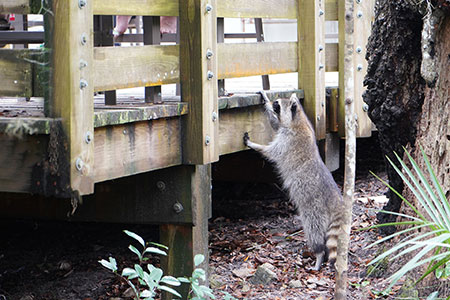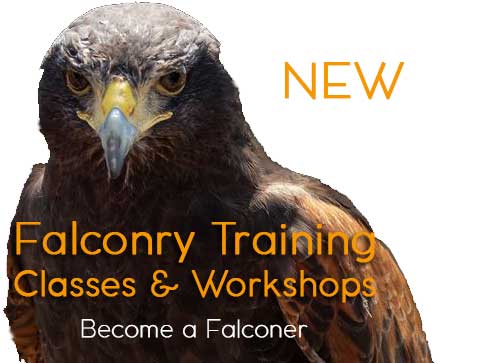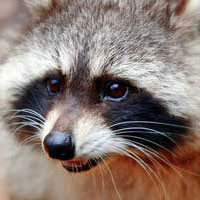
The current rabies outbreak is concentrated in Toronto-Danforth and Beaches-East York. Outbreaks usually occur every two to three years, between May and November and will dissipate when colder temperatures prevail. The City is monitoring this issue closely and observed a slight decrease in service requests during the first week of November.
Rabies poses a serious threat to humans as well as pets – once contracted, the outcome is nearly always fatal. Do not approach wildlife, ensure you’re your pet’s rabies vaccination is up to date, keep dogs on leash and cats indoors. Do not leave pet food or water outside… water bowls become easily contaminated if used by infected animals.
Rabies transmits through the saliva of an infected animal. While most of us would think of a bite as the most obvious method of transmission, contaminated water consumed by your dog, and your dog licking your hand may be much more common.
So, what does an infected animal look like?
- The animal may appear blind and confused;
- The animal may seem to wander aimlessly;
- The animal may become aggressive if cornered;
- The animal may be coughing or show tremors/seizures;
- You may see a mucus discharge around the eyes and nose.
Should you encounter a dead animal and decide to move it yourself, please wear gloves. Ideally, call 311 and let city staff deal with carcass removal.
To minimize risk, all raccoons should be removed from your property. Call Hawkeye at 416.429.5393 for safe and humane raccoon removal. All of our technicians are licensed trappers and experienced in handling wildlife.

















